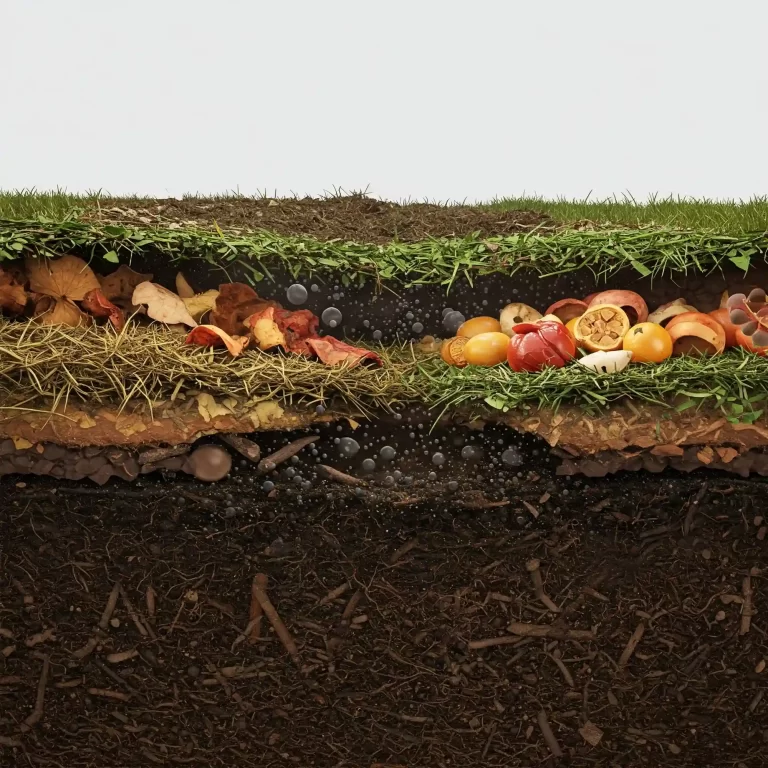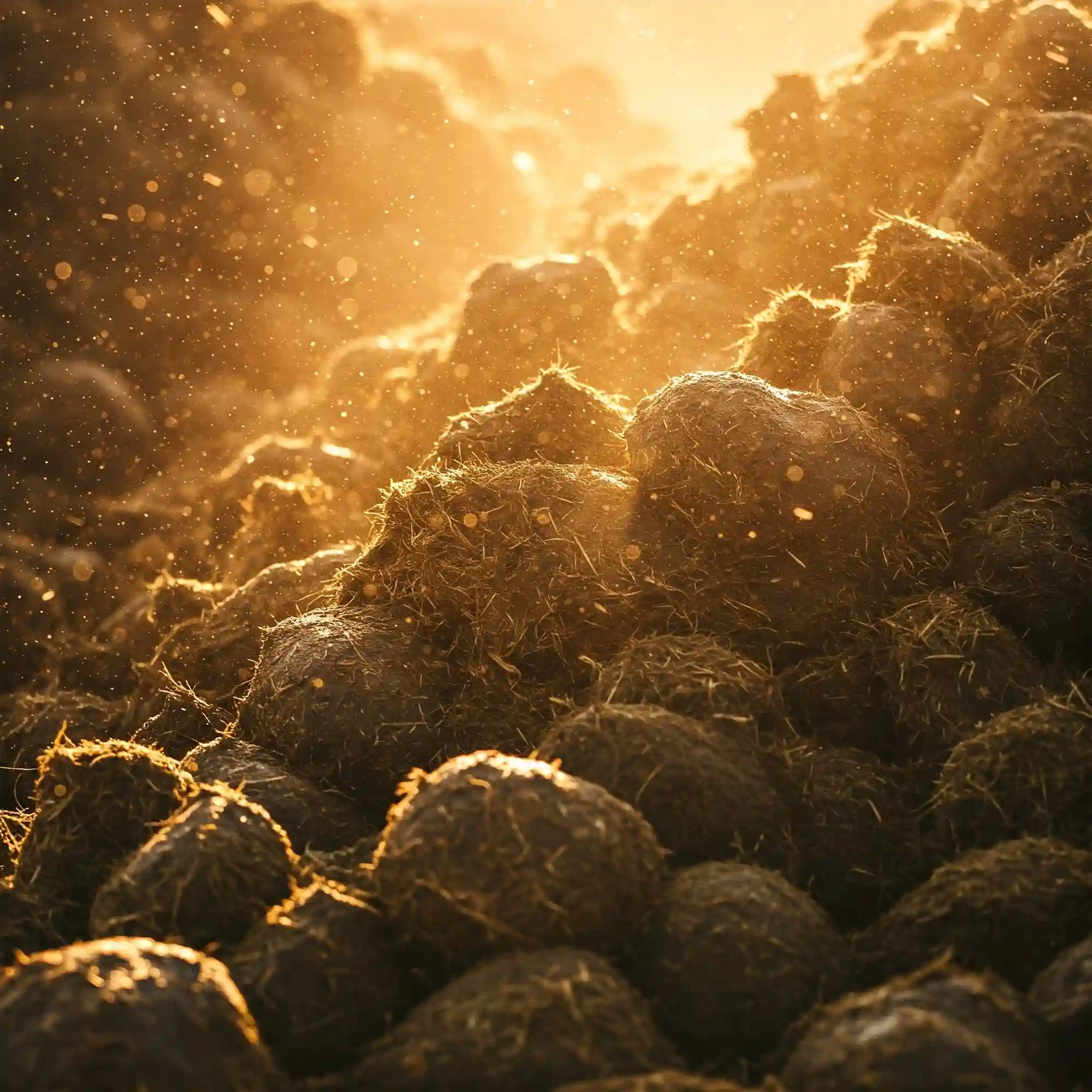Getting Started with Composting
Composting is a great way to reduce your environmental impact by turning food scraps and other organic materials into a valuable soil amendment. It’s also an easy and rewarding project that can be done by anyone, anywhere. If you’re new to composting, there are plenty of resources available to help you get started.
Books
There are many excellent books available that can teach you the basics of composting. Some of the most popular include:
- Compost Everything: The Good Guide to Extreme Composting by David The Good
- The Compost Handbook by Robert Rodale
- Teaming with Microbes: A Gardener’s Guide to the Soil Food Web by Jeff Lowenfels and Wayne Lewis
- The Rodale Book of Composting by Grace Gershuny and Deborah L. Martin
Websites
There are also many helpful websites that can provide you with information about composting. Some of the most popular include:
- The Composting Council of Canada: https://www.compost.org/
- The U.S. Composting Council: https://www.compostingcouncil.org/
- The Soil Science Society of America: https://www.soils.org/
- The National Garden Bureau: https://garden.org/learn/composting/
- The Old Farmer’s Almanac: https://www.almanac.com/
Online Communities
There are also many online communities where you can connect with other composters and learn about their experiences. Some of the most popular include:
- The Composting Reddit: https://www.reddit.com/r/composting/
Additional Resources
In addition to the resources listed above, there are a few other things you may find helpful as you get started with composting:
- A compost bin or pile: You can purchase a compost bin or build your own. There are many different types of compost bins available, so choose one that is the right size and shape for your needs.
- Organic materials: Compost is made from organic materials, such as food scraps, yard waste, and paper products. You can find these materials in your kitchen, garden, and yard.
- Water: Compost needs water to decompose properly. Water your compost pile regularly, especially during dry spells.
- Patience: Composting takes time. It can take several months or even years for compost to mature. Be patient and don’t give up. Your compost will be worth the wait.
Conclusion
Composting is a great way to reduce your environmental impact, improve your soil, and grow healthier plants. Getting started is easy. Just follow the tips in this article and you’ll be a composting pro in no time.

